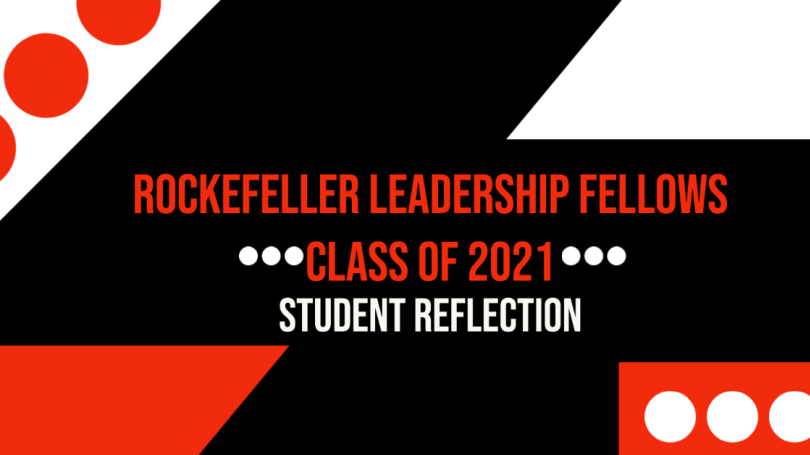
- Public Policy
- Leadership
- Funding
- News & Events
- About the Center
Back to Top Nav
Back to Top Nav
Back to Top Nav
Back to Top Nav
On October 29th, Sarah Solomon gave a presentation of the importance of empathetic leadership. In particular, Sarah argued that a focus on empathy could help transform management into leadership and would create a safe and supportive working environment. According to Sarah, empathetic leadership requires a dedication to emotional simulation and perspective taking in combination with an ethical approach to decision-making. Together, Sarah suggested, leaders could create strong bonds within their communities and safe spaces for their communities to work.
Sarah’s presentation encouraged students to reflect on their own efforts at empathetic leadership. These reflections helped students develop their own understanding of how empathy played a part in the decision-making process. Sarah also helped students learn through an analysis of Herb Kelleher’s, Southwest Airlines co-founder and CEO, approach to empathetic decision-making. She suggested that Kelleher’s emphasis on empathy, understanding and support, helped him create an environment of safety. This case study helped confirm her argument that a combination of approaches that emphasize empathy and understanding will create a trusting and safe work environment.
This presentation prompted introspection on my part. Sarah underscored the importance of empathy and trust in creating a respectful and safe environment. I have noticed in my own work that it can be easy to forget about the narratives and lived experiences of others when you are in positions of power. Sarah demonstrated, quite clearly, that losing sight of others can create dysfunctional work environments. Instead, at her suggestion, I have been reimagining how I can bring others into the decision-making process and empower them to be successful.
Sarah also laid out a number of concrete steps that leaders can take to strengthen their empathy. Two that I felt resonated particularly were “encouraging individuality” and “not taking yourself too seriously.” By emphasizing that individual team members have valuable additions to make as themselves, Sarah encouraged me to reexamine the particular strengths of the people I work with. I also appreciated her advice to “not take myself too seriously.” I agree that by recognizing not only fallibility, as a leader, and actively acknowledging mistakes and amusing scenarios, those I work with will feel safer.
-Written by Jonathan Briffault, Class of 2021 Rockefeller Leadership Fellow
As Rockefeller Leadership Fellows, seniors gain a better understanding of the qualities and responsibilities expected of leaders. As Fellows take part in the workshops, discussions, and team-building exercises, they examine their skills, qualities, and attributes as leaders and analyze how these influence teamwork and achieving goals.